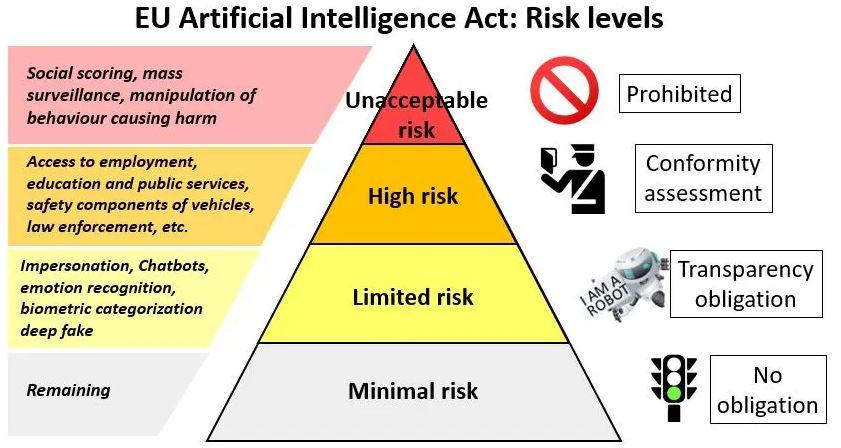
Denmark Enacts Strong Copyright Regulations to Tackle the Challenge of AI-Created Deepfakes

In just a few years, AI technology has significantly advanced. Presently, the tool can generate complete images that closely resemble reality, making it hard to discern where truth ends and fabrication begins. With increasing worries about AI-generated deepfakes, Denmark is at the forefront with an apparently groundbreaking solution.
Last month, the Danish government revealed its intentions to impose strict regulations on the creation and distribution of deepfakes by modifying their copyright laws. These changes would grant individuals “copyright” over their own faces, voices, and identities, making it illegal in most circumstances to share deepfakes of others without their permission. The proposal has gained wide cross-party backing and is set for consultation before the summer break, with hopes to advance the amendment this autumn.
“We are sending a clear message in this bill that everyone possesses the right to their own body, voice, and facial features, which is evidently not what the current legislation ensures against generative AI,” stated Jakob Engel-Schmidt, Denmark’s culture minister, to The Guardian. “People can be digitally replicated and exploited for various purposes, and I refuse to tolerate that.”
The bill covers everything from “highly realistic digital representations” of individuals to “realistic, digitally created reproductions” of an artist’s performance without authorization. In essence, Danish residents would gain the right to request the removal of non-consensual deepfake material from online platforms. However, parodies and satire will not be impacted by the proposed legislation.
“Certainly, this is uncharted territory we are exploring, and we are prepared to take further actions if the platforms fail to comply,” Engel-Schmidt stated. He added that non-compliant platforms could face “heavy fines” and may fall under the jurisdiction of the European Commission.
According to the Danish government, this bill is a first in Europe, which it hopes will inspire other nations within the European Union, of which Denmark recently took on the presidency. It also provides an innovative and forward-thinking method to tackle deepfakes, as existing regulations mainly focus on specific issues like pornography or false information.
“It’s not suggesting, ‘We’re addressing this particular issue,’” said Henry Ajder, a specialist in AI and deepfakes, to The New York Times. “It’s expressing, ‘This is our perspective on identity in the synthetic era.’”
Francesco Cavalli, COO of Sensity AI, a firm that offers deepfake detection solutions, shared this viewpoint: “This represents a novel approach that no one else has tried before.”
Despite this, Cavalli warned that while Denmark may be “establishing a new right,” the “actual impact could be limited” if the “enforcement mechanisms are sluggish, cumbersome, or erratic.”
“Regulation lacking enforcement is merely a signal, not protection,” he concluded.
Nevertheless, Denmark’s stance on deepfakes is revolutionary and, in a time of diminishing personal freedoms, essential.